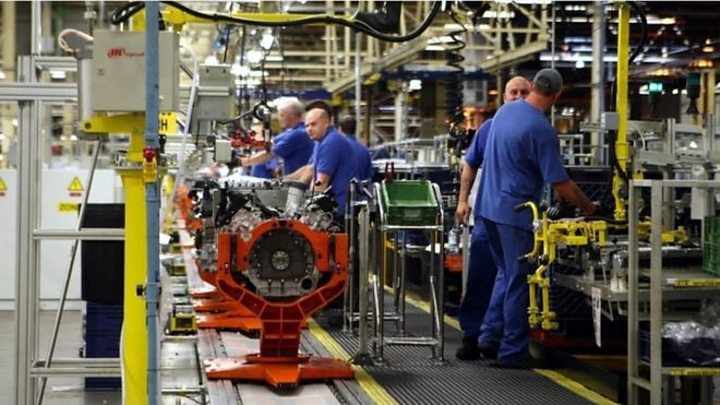PSA and FCA offer van concessions to win EU nod for $50bn merger Read M&A insights you won’t find elsewhere Exclusive scoops Smart data to help spot risk and opportunity Analysis of broader trends in M&A Lex, our agenda-setting business commentary (Premium only) Due Diligence, an exclusive M&A newsletter (Premium only) Choose your subscription Trial… Continue reading PSA and FCA offer van concessions to win EU nod for $50bn merger
Category: News Site
HumanForest suspends London e-bike sharing service, cuts jobs after customer accident
UK-based startup HumanForest has suspended its nascent ‘free’ e-bike service in London this week, after experiencing “mechanical” issues and after a user had an accident on one of its bikes, TechCrunch has learned. The suspension has also seen the company make a number of layoffs with plans to re-launch next spring using a different e-bike.… Continue reading HumanForest suspends London e-bike sharing service, cuts jobs after customer accident
Lamborghini CEO Stefano Domenicali to step down
news-international 67276 67276 67274 67276, Go to Source
‘Journey into the unknown’ as Bridgend Ford closes
Ford Bridgend is ending production after 40 years and 22 million engines in the south Wales town. Before the closure announcement, there were 1,644 staff employed at the site, most of whom have opted for retraining. More than 120 people will remain on site for a number of months to support the decommissioning. The plant’s… Continue reading ‘Journey into the unknown’ as Bridgend Ford closes
End of Ford and Bridgend marriage ‘hard to take’
The Ford plant in Bridgend will shut down for the last time later, bringing to a close four decades of production at the site. The closure, announced in June 2019, will have a major impact on the local community in Bridgend, with the loss of hundreds of skilled, well-paid jobs. When opened in May 1980,… Continue reading End of Ford and Bridgend marriage ‘hard to take’
FEV opens world’s largest high-voltage battery development centre
Professor Stefan Pischinger, President and CEO of FEV Group, inaugurated the world’s largest development and test center for high-voltage batteries for passenger and commercial vehicles on September 25, in the presence of Minister President of the federal state of Saxony-Anhalt, Dr. Reiner Haseloff. The durability testing center (known by its German abbreviation eDLP), set up… Continue reading FEV opens world’s largest high-voltage battery development centre
Volkswagen India launches digitally integrated service outlet for used-car business
German automajor Volkswagen Passenger Cars India has launched its digitally integrated service outlets for pre-owned cars christened – Das WeltAuto (DWA) Excellence Centres, through virtual inauguration of five outlets in a day across key cities of Coimbatore, Hyderabad, Bangalore, Cochin and Thrissur. Through this initiative, Volkswagen aims to strengthen its one-stop solution to buy, sell… Continue reading Volkswagen India launches digitally integrated service outlet for used-car business
Hella reports better than expected results in first three months of fiscal year 2021
Automotive lighting major Hella has announced that despite the continuing highly negative effects of the Covid-19 pandemic on the global automotive industry, it witnessed better than originally expected results for the first three months of fiscal year 2020/2021. The currency and portfolio-adjusted consolidated sales in the first quarter (June to August 2020) dropped by 10.6… Continue reading Hella reports better than expected results in first three months of fiscal year 2021
Hyundai Motor Group appoints Alain Raposo to lead powertrain tech unit
Hyundai Motor Group announced today it has appointed Alain Raposo as Executive Vice President in charge of its Powertrain Tech Unit at the Group’s Research and Development Division. Alain Raposo will be responsible for engine, transmission and electrification development for Hyundai and Kia brands at Hyundai Motor Group’s global R&D headquarters, starting on September 28.… Continue reading Hyundai Motor Group appoints Alain Raposo to lead powertrain tech unit
China’s CATL, GLP create joint venture to apply new energy in logistics
GLP has signed an agreement with Contemporary Amperex Technology Ltd (CATL), a Chinese battery provider which supplies firms like Tesla, to create a joint venture (JV) that will deploy new energy to advance sustainability in logistics and transportation, said the companies in a statement on Thursday. The JV will explore a range of opportunities including… Continue reading China’s CATL, GLP create joint venture to apply new energy in logistics

